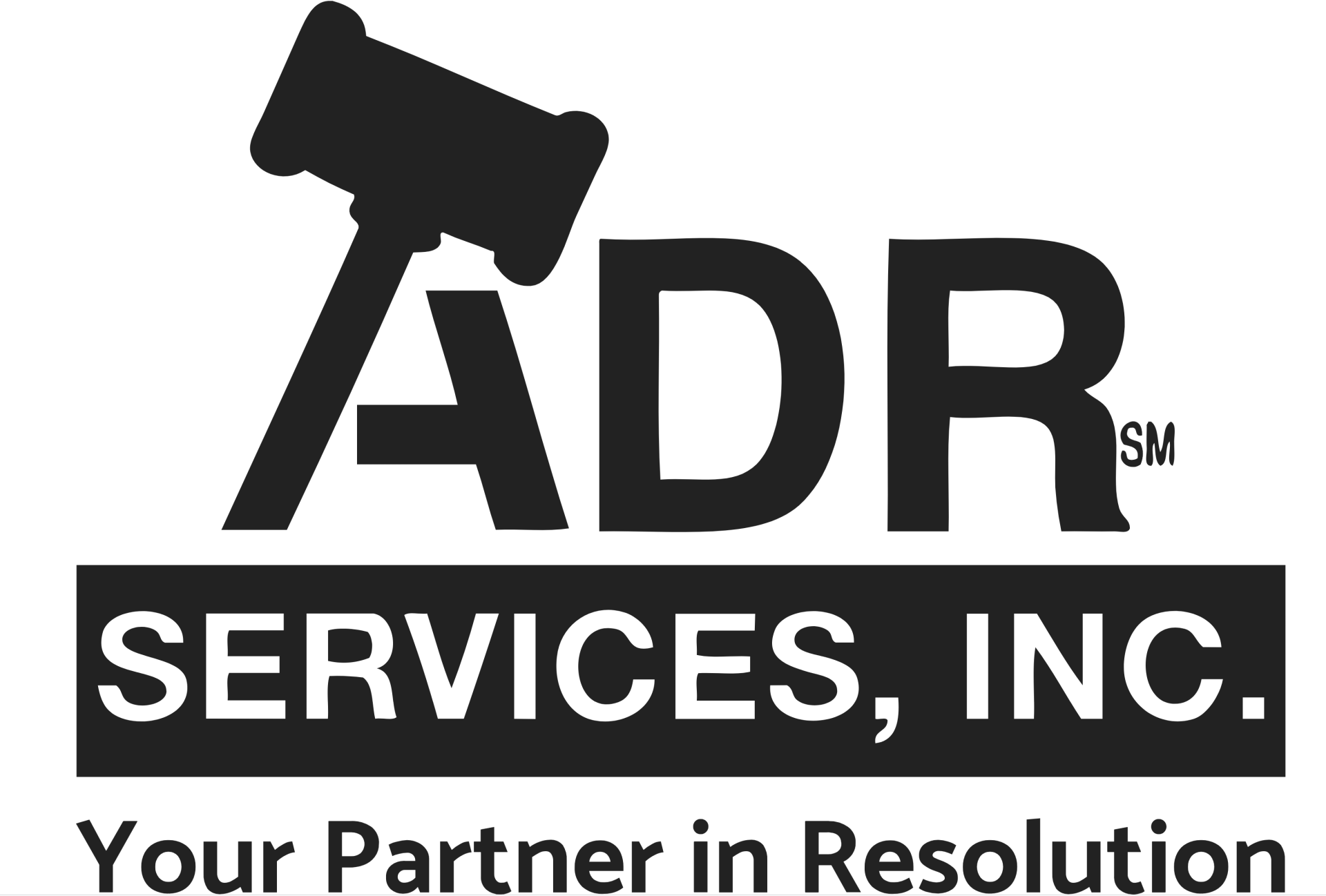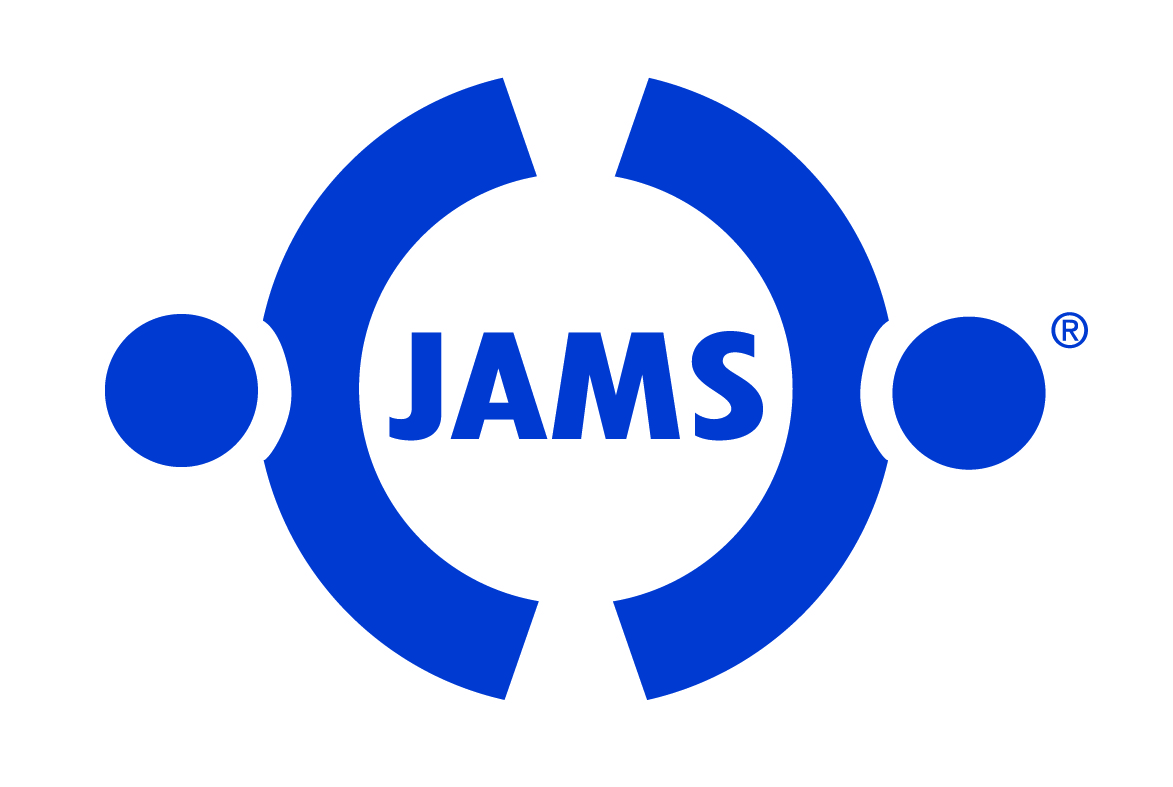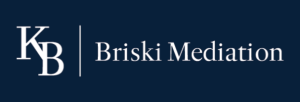Resource Center for Specialty MCLE Credits
Please click on the button to make a payment(s) for a previously attended MCLE program.
Thank you for attending one of our programs.
CLE Videos Available for Self-Study
If you are in need of CLE credits, please check out these self-study CLE options. For self-study CLE options offered through SCCTLA, please use the registration link provided for each available online course. After you register, you will be sent the online video link, along with any necessary password to access the video. Once you have completed the course, please notify Leah Rondeau at leah@scctla.org for the Self-Study certificate. It is the responsibility of the attorney to report Self-Study credit to the CA State Bar.
Cellphone Forensics: Applications in Discovery
Civility in the Legal Profession
The Hon. Peter H. Kirwan (Ret.) will address why civility matters in the legal profession and recent developments to address incivility. He will offer practical tips for handling difficult opponents in litigation along with providing short term and long term solutions. Lastly, learn what Judge's expect in terms of civility and what are Judge's pet peeves.
Ethics and Electronic Stored Information
This presentation covers electronic discovery and the related ethical duty of competence. Drawing on guidance from the State Bar, recent e-discovery cases, and our own experience assisting attorneys, the presentation outlines the main risks to counsel and client of failing to properly understand e-discovery obligations in litigation.
Mediation Ethics with Barbara Spector
This presentation will consider the ethical role of mediation advocates, examine mediation's ethical considerations and tensions, and assess the remedies for perceived ethical violations within the context of a confidential process. Ms. Spector is a Harvard-certified negotiator and mediator with an eminent career in alternative dispute resolution and litigation
More CLE Videos for Self-Study:
ADR Services, Inc. provides the following MCLE self-study webinars, approved by the State Bar of California, at no charge. For these available self-study courses offered through ADR Services, Inc., they have their own requirements for completion and issuance of self-study credit certificates. Please follow their instructions outlined within the video.
Recognition and Elimination of Bias
- Bias in the Law: Mitigating an Inherent Human Condition
- So You Want to Be a Neutral
- Elimination of Bias in Your Law Office
- Eliminating Bias: Next Steps Towards a Positive View
- Wait, Do I Do That?
- Recognize the Bias
- How to Identify and Overcome your Implicit Biases
- Practical Tips on Addressing Bias
Competence Issues
- Mental Health and Substance Abuse During the Pandemic
- Substance Abuse and Mental Health Issues in the Legal Profession
- What about Cannabis: Substance Abuse, the Professional, and Cases in the Field
- Competence: It's More Than Knowing the Law
- Attorney Competence
Legal Ethics
- Ethical Mediation Strategies and Lessons, Part 1
- Ethical Mediation Strategies and Lessons, Part 2
- Strategy, Civility, Ethics and Sanity in an Uncivil Time
- Civility Matters
- Do the Right Thing: A Litigator’s Guide to Ethics
- Expanded Responsibilities Under Amended Rules of Professional Conduct
- California's (Not So) New Rules of Professional Conduct
- Artificial Intelligence & Privacy in the Workplace
- Mediating Ethically
- Legal Ethics in Action
- Ethics: Recent Developments and Hot Topics in 2023 and Beyond
- You Said What! Hot Topics in Legal Ethics
For General credit webinars, please visit the ADR Services, Inc. YouTube channel.
California MCLE Requirements
Total Credits: 25 credit hours every three years, including:
-
- At least 4 hours in Ethics
- At least 2 hours on Prevention and Detection Competence (1 of Wellness Competence is optional);
- At least 2 hours of Elimination of Bias in the Legal Profession (1 of these must specifically be in Implicit Bias)
- At least 1 hour of Technology
- At least 1 hour of Civility in the Legal Profession
Limit on credit hours for self-study: Attorneys must earn 12.5 credit hours through activities qualified for participatory credit (or one half of their proportional requirement). The remainder (up to 12.5 hours) can be earned via self-study.

















